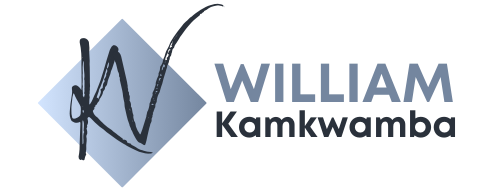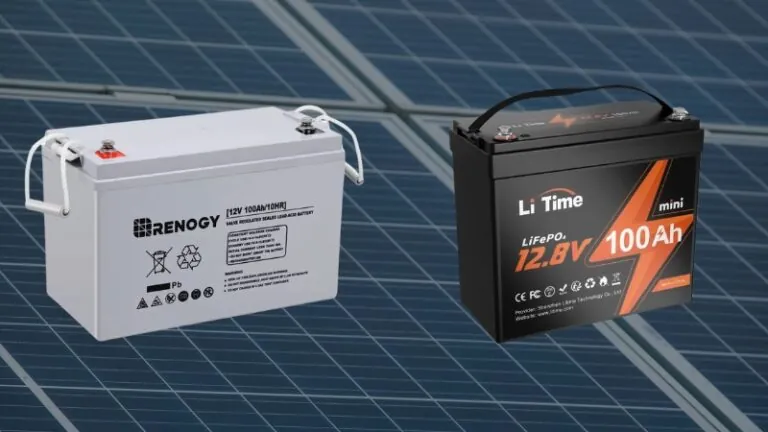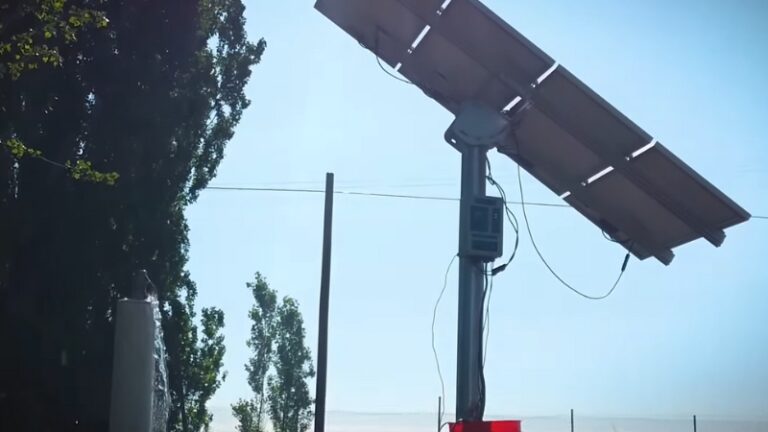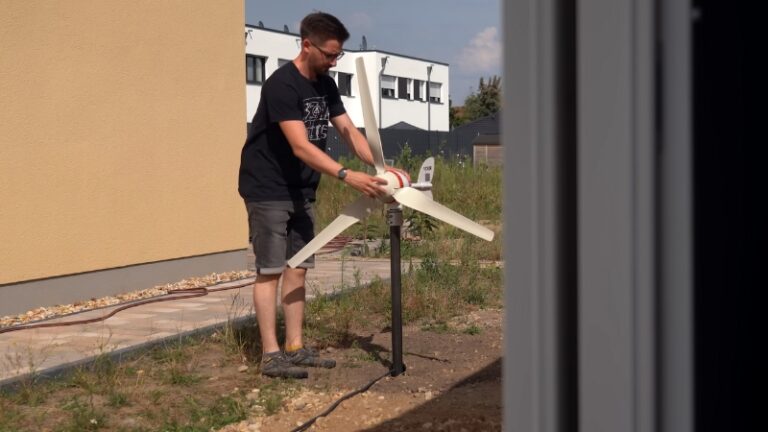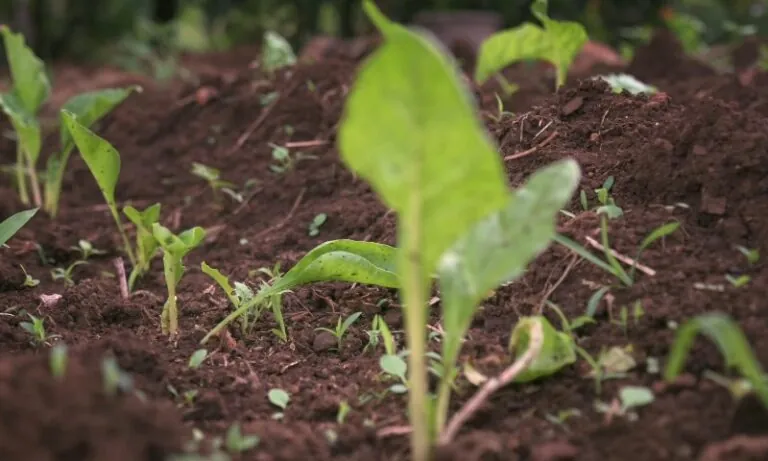Western Africa isn’t just riding the tech wave in 2025 — it’s creating its own. Across cities like Lagos, Dakar, and Accra, a new generation of startups is solving real problems with real grit — and a lot of brainpower.
It doesn’t matter if it’s connecting millions to banks, keeping farms productive, or finding new ways to power homes sustainably, these companies aren’t just dreaming big — they’re building even bigger.
Let’s get into the names, the numbers, and the fresh energy reshaping Western Africa’s future, one startup at a time.
Meet the 12 Startups Changing the Game
Here’s a closer look at the startups making 2025 Western Africa’s tech breakthrough year.
1. Kuda (Nigeria)

Kuda is Nigeria’s pioneering fully digital bank, offering a mobile-first platform that eliminates traditional banking fees.
Licensed by the Central Bank of Nigeria, Kuda provides services such as free debit cards, budgeting tools, and seamless money transfers.
With over $90 million in funding and a valuation of $500 million, the bank is expanding its reach across Africa. Kuda’s leadership is also advocating for unified regulatory frameworks to bolster fintech growth in Nigeria.
- Impact: 5 million users, 15% market share in Nigeria — now making moves into Ghana and Côte d’Ivoire.
- Why It Matters: Kuda strips banking down to basics: easy, mobile-first, affordable.
- Backers: Major VC firms have piled in, betting big on Kuda’s future.
2. Wave (Senegal)
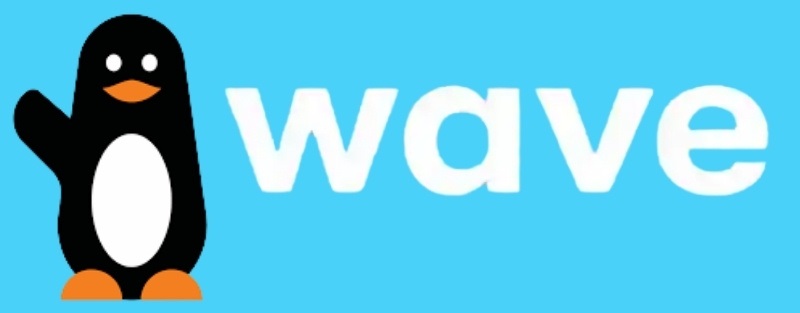
Wave, headquartered in Dakar, Senegal, is a mobile money platform aiming to make financial services more accessible and affordable.
Valued at $1.7 billion, it stands as one of Africa’s most valuable fintech startups. Wave has expanded its services to include e-ticketing for public transport in Dakar, enhancing urban mobility.
The platform’s user-friendly approach has significantly increased financial inclusion in the region.
- Impact: 15 million users, 70% market share in Senegal.
- Why It Matters: With deep mobile roots, Wave keeps transfers simple and fees low.
- Backers: A $200 million Series A says investors are all in.
3. Yellow Card (Nigeria)
Yellow Card is a cryptocurrency exchange operating in over 20 African countries, including Nigeria. The platform facilitates the buying, selling, and storing of cryptocurrencies like BTC, ETH, and USDT using local currencies.
Yellow Card raised $40 million to support its expansion and is actively seeking regulatory approvals to enhance its services. The company plays a crucial role in simplifying cross-border remittances across the continent, offering features like real-time crypto conversions such as SHIB to USD to make transactions more transparent and user-friendly.
- Impact: Over 1 million users moving $100 million a month.
- Why It Matters: It’s about freedom — Yellow Card gives users a way to send money fast without banks gobbling up fees.
- Backers: A strong $40 million Series B keeps them charging forward.
4. Zone (Nigeria)
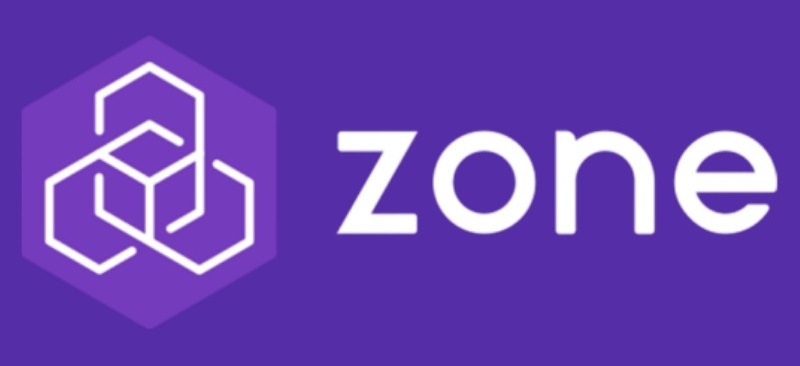
Zone is Africa’s first regulated blockchain network for payments, providing infrastructure that enables instant and secure transactions.
The platform allows financial service providers to accept digital currencies through its compliant blockchain network.
In 2024, Zone raised $8.5 million to scale its operations and plans to launch blockchain-based remittance services in 2025. The company’s innovative approach is reshaping Nigeria’s financial services landscape.
View this post on Instagram
- Impact: 5 million transactions processed, 1 million users.
- Why It Matters: Its Layer-1 blockchain cuts through payment red tape.
- Backers: $8.5 million raised to expand what’s already working.
5. GoLemon (Nigeria)
GoLemon is a Nigerian startup offering on-demand delivery of groceries and household items through its mobile app.
Founded in 2024 by four former Paystack employees, the company manages its inventory and fulfillment centers to ensure quality and efficiency.
Despite competition from established players, GoLemon is carving out a niche by focusing on customer convenience and product freshness. The startup is part of a new wave of tech-driven solutions transforming Nigeria’s retail sector.
- Impact: 50,000 SMEs served, $100 million flowing through every month.
- Why It Matters: SMEs are the backbone of economies, and GoLemon gives them the financial tools to thrive.
- Backers: Seed funding is locked, and expansion’s on the menu.
As more SMEs operate online, safeguarding business identities — a specialty of erase.com — becomes a crucial part of growth.
6. Tanel Health (Senegal)
View this post on Instagram
Tanél Health is a Senegalese digital health insurance startup aiming to modernize healthcare access across Africa. Founded by Mouhamed Ndoye and Makhtar Diop, the company offers comprehensive group health insurance coverage for companies of any size.
Before becoming an underwriter, Tanél developed modern software solutions for pharmacies, insurance companies, and other healthcare stakeholders, facilitating broader and more convenient access to healthcare services.
- Impact: Growing fast after securing $575,000 to scale.
- Why It Matters: Affordable, transparent insurance could change how millions approach healthcare.
7. Pullus Africa (Nigeria)

Pullus Africa is Nigeria’s first poultry-focused supply chain platform, leveraging technology to enhance local poultry production and distribution.
Co-founded in 2022 by Opeoluwa Fayomi and Abisoye Odeyemi, Pullus connects poultry farmers to affordable finance, quality inputs, advisory services, and guaranteed markets.
The platform aims to empower smallholder farmers, ensuring sustainable growth and greater impact across the poultry industry.
- Impact: Smarter supply chains for Nigerian poultry farmers.
- Why It Matters: Better logistics mean cheaper food, better incomes, and less waste.
8. Vendy (Nigeria)

Vendy is a Nigerian startup that provides a marketplace on WhatsApp, enabling sellers to create customized shops within the messaging app.
Founded in 2022 by Kayode Disu and Peter Ekunkoya, Vendy allows buyers to browse inventory, place orders with automated invoicing, and make payments—all within WhatsApp, eliminating the need for separate app downloads or sign-ups.
- Impact: Growing fast by meeting customers where they already are.
- Why It Matters: It’s simple, it’s smart, and it’s scaled to the local context.
9. Earthbond (Nigeria)

Earthbond is a Lagos-based clean energy startup focused on providing affordable and reliable solar energy solutions to Nigerian small and medium-sized enterprises (SMEs).
Founded in 2022 by Chidalu Onyenso, Earthbond operates a digital one-stop-shop that simplifies SMEs’ transition to solar energy through integrated techno-economic analysis, facilitating access to financing and carbon offset-based discounting.
- Impact: Connecting Nigerians to clean energy and carbon credit markets.
- Why It Matters: With grid power still unreliable, Earthbond’s marketplace matters more than ever.
10. Talstack (Nigeria)
View this post on Instagram
Talstack is a Nigerian B2B platform designed to help organizations upskill their workforce through online learning and performance management.
Co-founded in 2022 by Kayode Oyewole and Seni Sulyman, Talstack offers a comprehensive course catalog and tools for creating custom courses, assigning learning paths, and tracking employee progress. The startup secured $850,000 in seed funding to expand its offerings and impact.
- Impact: Skills training and job placement, with $850,000 in pre-seed fuel.
- Why It Matters: Closing the talent gap isn’t just good — it’s critical.
11. Lengo AI (Western Africa)
Lengo AI is an AI-powered platform dedicated to optimizing informal retail in Africa. By mapping and connecting traditional shops through an AI-powered app, Lengo provides fast-moving consumer goods (FMCG) companies with real-time data insights, enabling them to refine distribution strategies, identify market opportunities, and enhance their marketing mix.
- Impact: Helping 100+ retailers make smarter moves, with 62% faster response times.
- Why It Matters: Data levels the playing field for small shops.
12. Mira (Nigeria)

Mira is a Nigerian startup that offers a modern point-of-sale (POS) and management system tailored for restaurants and food businesses.
Launched in January 2024 by Ted Oladele, Mira’s platform includes features like QR code payments, advanced reporting, inventory management, and customer loyalty programs.
The startup has raised $200,000 in a family and friends round and is currently in the midst of a seed funding round.
- Impact: Modern POS and management for Nigeria’s booming food scene.
- Why It Matters: Good tech behind the scenes means better food (and happier customers) out front.
Why They’re Winning — and What’s Next
Behind all the headlines and funding rounds, there’s a deeper reason these startups are winning: they’re solving local problems with local insight. They know the pain points because they live them.
And the ecosystem around them isn’t just hype either:
- Governments are in their corner. From tax breaks to infrastructure, policy is finally moving at startup speed.
- Big companies are leaning in. MTN’s API marketplace is giving 500 startups new reach. Dangote’s innovation challenge is backing 50 ventures.
- Talent is sticking around. Instead of fleeing for Europe or Silicon Valley, many of the region’s brightest are building at home — and building big.
Looking ahead to 2025 and beyond, a few things are clear:
- Tech jobs are set to grow by 9% annually.
- Cross-border trade will get easier under deals like AfCFTA — and startups are racing to build the bridges.
- Mobile-first strategies aren’t optional — they’re the baseline.
And don’t sleep on the next-gen tech. AI, blockchain, and even carbon markets are no longer buzzwords — they’re becoming the foundations of whole new industries.
Final Thoughts
Western Africa’s startup boom isn’t a blip. It’s a real, tangible shift — fueled by brilliant ideas, serious work ethic, and a tech-savvy population that’s hungry for solutions.
Startups like Kuda, Wave, Pullus Africa, and Earthbond are doing more than making headlines. They’re changing lives. They’re proving, every day, that world-class innovation isn’t limited to Silicon Valley or Berlin or Tokyo.
It’s happening right here — in Lagos backstreets, in Dakar tech parks, in Accra co-working spaces.
And it’s just getting started.
